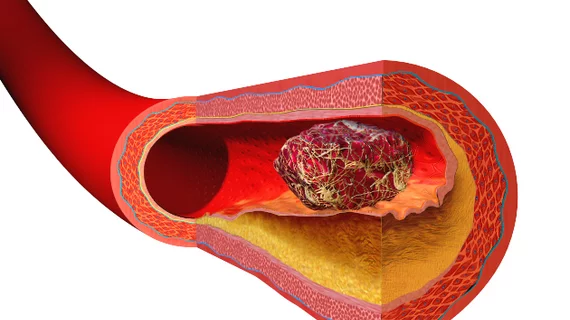Experimental gene therapies to treat hemophilia are still undergoing testing, but early results from clinical trials have both researchers and patients optimistic the condition can be cured once and for all.
A pair of biotech companies reported gene therapy approaches to hemophilia A and hemophilia B have allowed participants to maintain a sufficient level of clotting factor in their blood two years after a brief IV infusion of the new treatments. The clotting factors still don’t equal the concentrations seen in people without the condition, according to the New York Times, but are enough to allow the blood to coagulate.
Now, those patients are no longer at risk of uncontrolled bleeding from scrapes or bumps the rest of the population wouldn’t give a second thought.
But it’s hard to mentally adjust to the lower danger level. Some continue to worry a scuff or a fall will trigger a life-threatening event, the Times reported.
Which is why when Jay Konduros fell on the concrete in May, striking both wrists and his left thigh, he waited three days to call his brother, Bill, just to make sure he was actually OK.
Both brothers were treated with Spark Therapeutics’ gene therapy as part of a clinical trial for hemophilia B. Jay has levels of factor IX in his blood around 50 percent of the “normal” average, while Bill’s levels are closer to 75 percent, according to the newspaper.
“You hear a lot of things described as miracles or miraculous,” Bill told The Times. “I guess I would say this truly is.”
Read the full story below:

